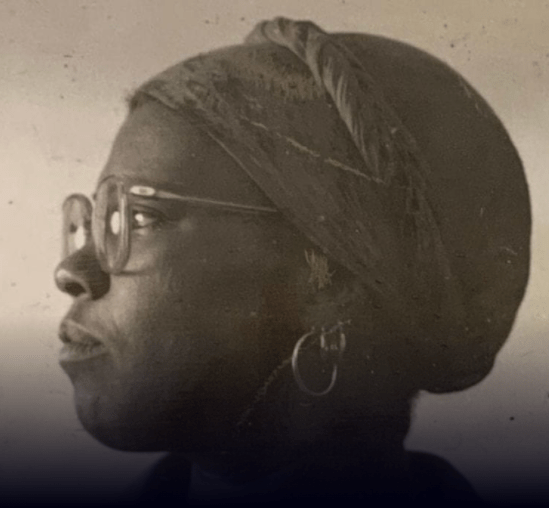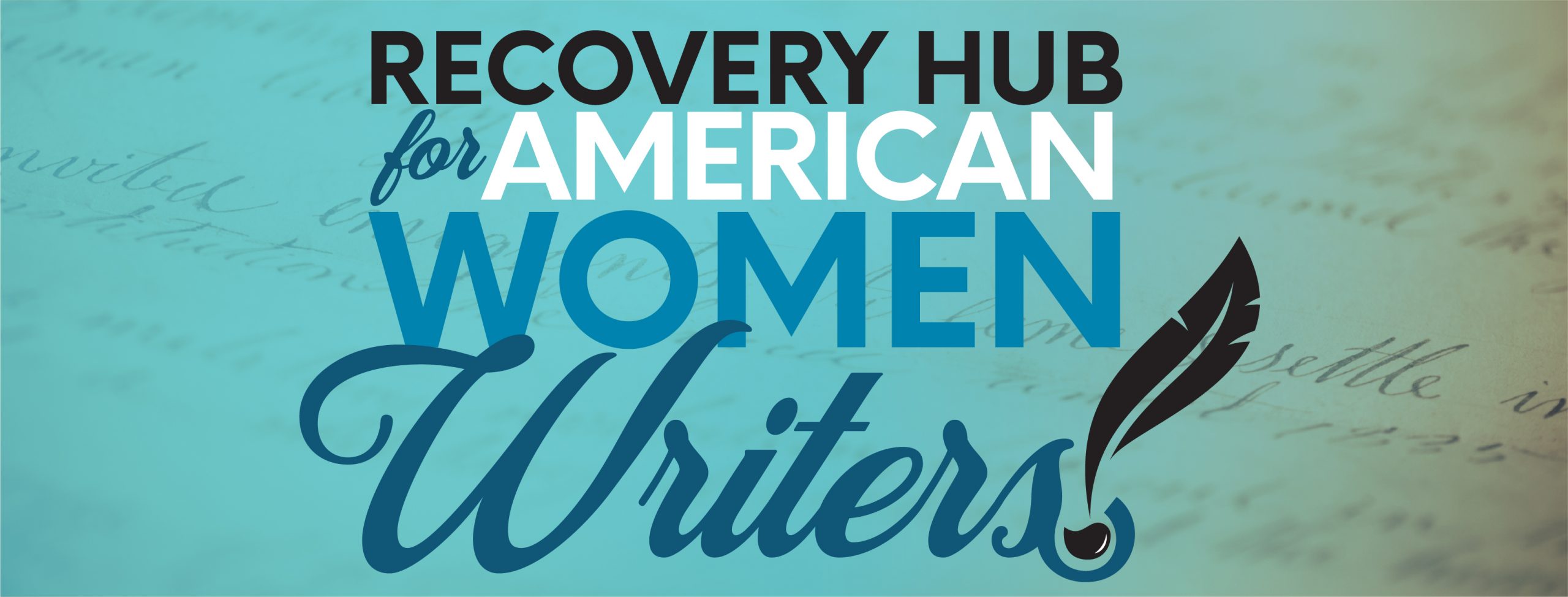
Project Showcase: Gloria Naylor Archive
Reviewed by Jina DuVernay and Seretha Williams
Project Team
- Suzanne M. Edwards, Project Co-director
- Mary Foltz, Project Co-director
- Ayanna Woods, Research Assistant
- Victoria Davis, Website Designer
- Rob Weidman, Technical Consultant from Lehigh’s Center for Innovation in Teaching and Learning
Project Abstract
The Gloria Naylor Archive makes the author’s collected papers widely accessible—to scholars, educators, students, and fans. Gloria Naylor (1950-2016) is known for her published novels, which represent a wide range of interconnected Black communities in the late twentieth century—The Women of Brewster Place (1982), Linden Hills (1985), Mama Day (1988), Bailey’s Café (1992), The Men of Brewster Place (1988). Her collected papers, which include more than 47 linear feet of material, offer fresh insights into these well-known works and, more importantly, bring into focus Naylor’s less well-known artistic endeavors as an essayist, a film producer, a screenwriter and playwright, an active letter-writer, and an archivist of twentieth-century Black life.
Project Description
The Gloria Naylor Archive is both a physical space where visitors are invited to consult all of Naylor’s papers in person and also a digital resource where visitors can learn more about her life, her known works, scholarship on her published novels, the scope and contents of all the archival materials, and in-depth highlights of select archival documents. Through the WordPress site, visitors can also access digitized archival materials in an Omeka repository. Because all archival materials remain under the copyright of the Gloria Naylor estate, visitors must request access to the materials on the Omeka site.
The Gloria Naylor Archive was founded in 2009 when Gloria Naylor donated her collected papers to Sacred Heart University (SHU). In 2018, SHU and Lehigh University began a collaboration to make the Archive more accessible. As part of this collaboration, Naylor’s papers were temporarily relocated to Lehigh, through 2023. At Lehigh, faculty and graduate researchers have worked on processing and digitizing materials, creating the website and Omeka repository, and building a network of Naylor scholars who participate in our project planning. When the physical archive returns to SHU, Lehigh will continue to maintain and develop the website and digital archive. This collaborative arrangement respects Naylor’s wishes for her archive, eases the burden on SHU’s understaffed library, and ensures ongoing access to archival materials.
We have completed a detailed finding aid for two-thirds of the collection, and we anticipate its completion by August 2021. This finding aid (an excel spreadsheet) includes extensive data about the types of materials in the archive, agents, and subjects; it will be the basis for creating metadata in Omeka. So far we have digitized approximately a third of the collection related to The Women of Brewster Place, Linden Hills, and Mama Day with grant funding. We are actively seeking additional funding to digitize the remainder of the collection, including Naylor’s extensive correspondence.
In November 2021, we will feature a year-long exhibition of archival materials, titled “Other Places.” This exhibition will be both open to the public at Lehigh’s Maginnes Hall and virtual (pending final approval of the Gloria Naylor estate). The exhibition, which includes photos, documents, and video, is designed in partnership with community members (public school teachers, religious leaders, activists, and artists), who will receive compensation to share resources on the archive website.

Summary of the Project’s Place in the Humanities
The Gloria Naylor Archive is both a literary and a library science endeavor. The website contextualizes the creative and academic career of Gloria Naylor whose first novel, The Women of Brewster Place, won the National Book Award in 1983. The novel was adapted into a film and Naylor’s subsequent novels solidified her critical and commercial success. The website and archive position Naylor squarely within the category of literary fiction that fosters critical attention. The digitization of Naylor’s papers, which are temporarily on loan at Lehigh University, aids in the continued critical study of Naylor whose work is integral to the emergence of Black women’s writing between 1970 and 1995.
The Gloria Naylor Archive articulates its primary objectives in its mission statement and guiding commitments. The project’s primary goals are to preserve and promote engagement with Gloria Naylor’s work by digitizing the Gloria Naylor Archive and making it widely accessible for scholars, educators, and the broader community. The website includes biographical and bibliographical information, selected critical engagements with the Naylor archive, information on accessing the archive, and tools for further research.
Summary of the Project’s Use of Technology
The WordPress website includes a StoryMap digital exhibit, audio of collection entries, and links to related archives. Additionally, the project uses Omeka to manage image files and to document metadata for artifacts in the archive. This digital repository is essential for the study of Gloria Naylor and her critical work.

Other Important Contributions of the Project
Inclusivity. The project focuses on the work of Gloria Naylor, an African American author and academic. One of the guiding commitments of the project is to center Black creatives and scholars. Additionally, the project includes a list of related archives at other institutions. In doing so, the project situates Gloria Naylor’s work within a broader critical conversation.
Information on all of the project’s contributors is also included on the website.
Accessibility. Text size is adjustable on both the desktop and cellphone versions of the website. Mostly, the font size, weight, and colors align with accessibility guidelines. However, some sections of pages may be difficult to read because of insufficient color contrast on white backgrounds.
The project “[presents] material in varied formats—images, videos, scholarly articles, informal blog posts, performances—to promote access.” Additionally, the symposium will take place in-person but will also be accessible online.
Sustainability. The Naylor archive is on temporary loan to Lehigh University. In May 2023, the physical collection returns to Sacred Heart University. However, the digitized selections from Series 2 may remain accessible to researchers beyond 2023. Additionally, the project team is seeking more funding to digitize the remainder of the collection.

Pedagogical Resources
Syllabus: Gloria Naylor in the Archives (by Suzanne M. Edwards and Mary Foltz)
